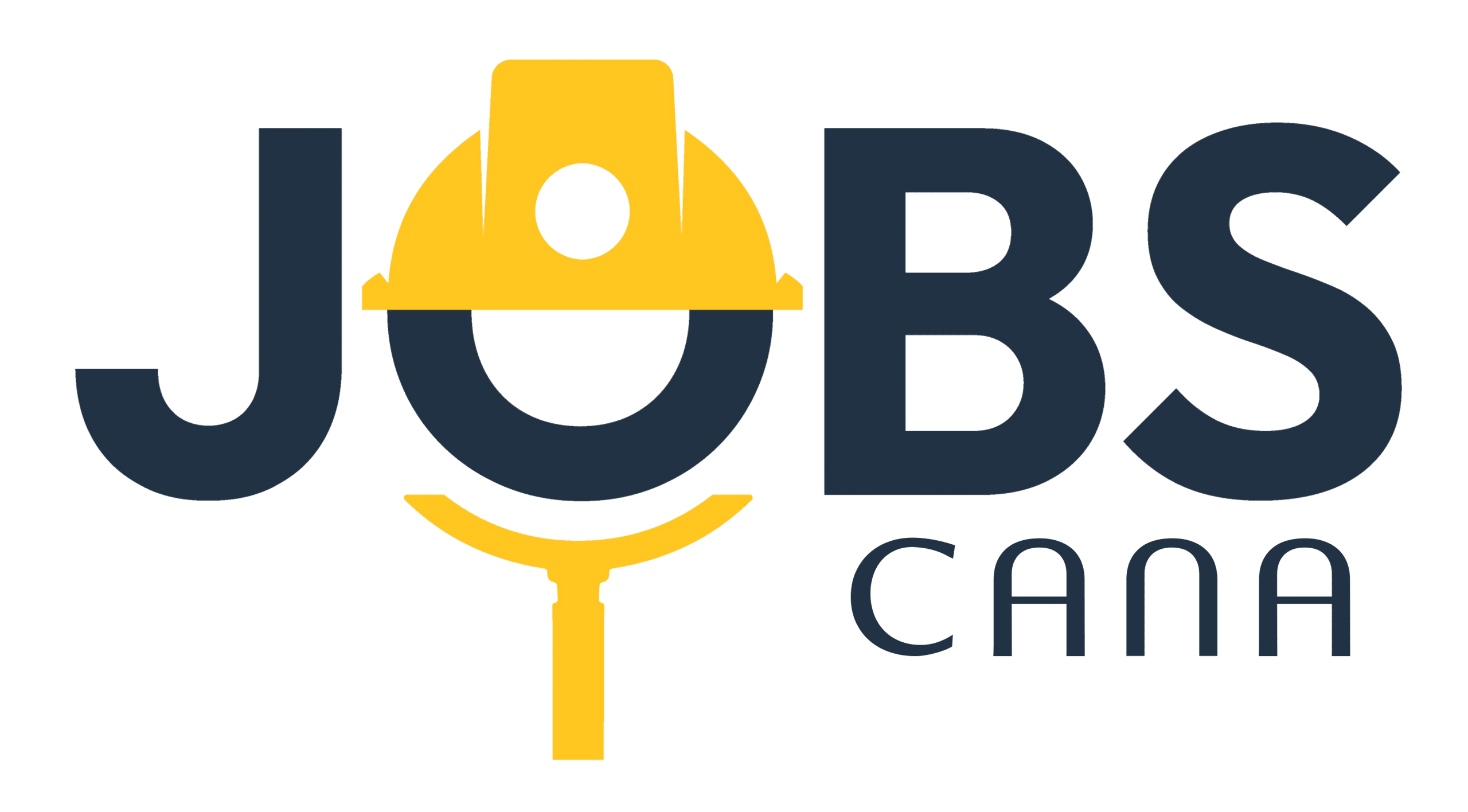Ensuring financial stability during retirement is essential for peace of mind and living comfortably. Here’s how to stay financially fit during retirement with practical tips on budgeting, investing, and more. Read on to discover strategies that can help you make the most of your retirement savings and avoid common pitfalls.
Understanding Your Retirement Needs
It’s essential to fully understand your retirement needs to maintain financial stability during your retirement years. Start by evaluating your living expenses, including housing, utilities, food, healthcare, and leisure activities. Consider any debts you need to pay off and whether you plan to travel or make significant purchases.
Healthcare expenses: Estimate potential healthcare costs, as they tend to increase with age. Look into various health insurance plans and Medicare options that may help cover these costs.
Emergency fund: Ensure you have an emergency fund to cover unexpected expenses, giving you peace of mind and financial security.
Your retirement lifestyle plays a crucial role in determining your financial needs. Decide if you will downsize your home, move to a different location, or stay where you are. Each of these choices will impact your cost of living and financial planning during retirement.
Inflation: Account for inflation in your planning. The cost of goods and services will likely rise over time, and your retirement savings should accommodate this increase.
Building a Sustainable Budget

Creating a sustainable budget during retirement is vital for maintaining financial health. Start by evaluating your essential expenses such as housing, utilities, groceries, and healthcare. Compare these costs against your fixed income sources like pensions, Social Security, or annuities.
Track your spending meticulously. Use budgeting tools or spreadsheets to categorize expenditures. Pay close attention to discretionary spending on entertainment, dining out, or hobbies. Ensure these do not exceed a reasonable portion of your budget.
Prioritize cutting unnecessary costs. Consider downsizing your home or moving to a lower-cost area. Efficiently manage utilities by using energy-saving appliances. Seek discounts and shop during sales to keep grocery costs low.
Regularly review and adjust your budget. Monitor changes in income and expenses, and be prepared to make necessary adjustments. Adapt your spending habits to maintain balance without compromising your lifestyle.
Allocation of funds for unexpected expenses and inflation is crucial. Keep an emergency fund aside, accounting for at least six months of essential bills. Include some flexibility to account for the rising cost of living over time.
Investing Wisely During Retirement
During retirement, making wise investment choices is crucial to maintain financial stability. Diversifying your investments can protect you against market volatility while providing growth opportunities. Consider placing funds in a mix of stocks, bonds, and mutual funds to balance risk and reward. Pay attention to the performance of your portfolio, rebalancing as needed to align with your financial goals and risk tolerance.
Pay off high-interest debt to reduce financial burden and prevent interest from eroding your returns. Utilizing low-risk investments like government bonds or high-yield savings accounts can preserve capital while earning modest returns. Additionally, allocating a portion of your portfolio to dividend-paying stocks can provide a steady income stream, essential during retirement.
Always evaluate your investments’ performance, keeping an eye on fees, and make adjustments based on changing market conditions and personal financial needs. By staying informed and proactive, you can ensure your investments continue to work for you throughout retirement.
Managing Unexpected Expenses

Managing unexpected expenses during retirement is crucial to maintain financial stability. One of the best strategies is to build an emergency fund. This fund should cover at least six months’ worth of living expenses. By having this safety net, you can handle unforeseen costs without disrupting your retirement plans.
Another important tip is to regularly review your budget. Adapt your spending plans to accommodate any sudden expenses. For instance, if your car needs major repairs or you have unexpected medical bills, identify areas in your budget where you can reduce spending temporarily.
Consider insurance policies to cover large, unexpected costs. Health insurance, long-term care insurance, and home insurance can significantly mitigate financial shocks. Make sure your policies are up-to-date and provide adequate coverage for your needs in retirement.
Additionally, avoid tapping into your retirement savings as a first resort. Instead, look for alternative sources of cash, such as a home equity line of credit or a small personal loan. These options can provide the necessary funds while preserving your long-term savings.
Seeking Professional Financial Advice
When it comes to retiring comfortably, seeking professional financial advice is a crucial step. A financial advisor can help you navigate the complexities of managing your retirement funds and ensure that you have a sustainable plan in place.
They can provide personalized recommendations on how to allocate your assets, minimize taxes, and maximize your returns. Their expertise can be invaluable in making informed decisions that align with your financial goals and risk tolerance.
Financial advisors can also assist in developing strategies to manage risks and protect your investments from market volatility. They stay updated on the latest financial trends and regulations, offering tailored advice based on your specific situation.
Additionally, working with a professional allows for regular monitoring and adjustments to your financial plan. This ongoing support ensures you are staying on track and making necessary changes to adapt to life’s unforeseen expenses or changes in the market.


 Building Wealth: Long-Term Strategies for Financial Success Revealed
Building Wealth: Long-Term Strategies for Financial Success Revealed  The Role of Financial Advisors and When to Hire One: A Guide
The Role of Financial Advisors and When to Hire One: A Guide  How to Manage Finances in a Relationship: Easy Tips & Tricks
How to Manage Finances in a Relationship: Easy Tips & Tricks